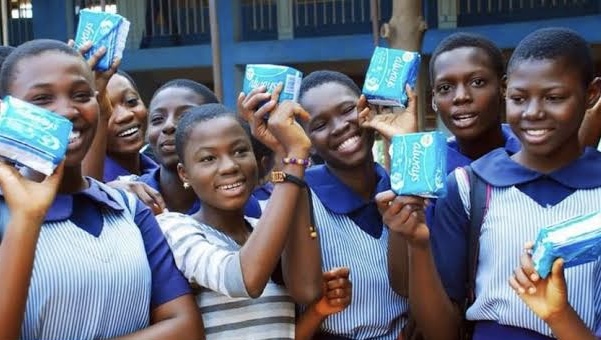The Women Advocates Research and Documentation Centre (WARDC) has called on the Federal Government to prioritise the swift passage of a National Menstrual Health Policy and Law to address period poverty and expand access to safe menstrual hygiene products across Nigeria.
Dr. Abiola Akiyode-Afolabi, Executive Director of WARDC, made the appeal in a statement marking the 2025 International Day of the Girl Child (IDGC) in Abuja, noting that millions of Nigerian girls still lack access to sanitary products and proper hygiene facilities.
She cited reports indicating that one in 10 girls across Africa miss school during menstruation, while up to 25 per cent of Nigerian schoolgirls face severe challenges managing their periods safely and with dignity.
“The situation is worse in rural communities, where water and sanitation facilities are limited or non-existent, increasing girls’ vulnerability,” she said.
Akiyode-Afolabi warned that period poverty contributes to frequent absenteeism, early school dropout, reproductive health risks, and child marriage in many parts of the country.
She commended Bauchi State for pioneering a “menstrual bank” that provides free sanitary products to girls in schools and underserved communities — a model she urged other states to replicate.
“This bold intervention demonstrates the vital link between menstrual health, education, and empowerment,” she said.
According to her, addressing period poverty requires a coordinated national framework that combines legal protection, policy reform, and sustainable funding for menstrual hygiene programmes.
She also called for stronger school protocols to prevent gender-based violence, increased budgetary allocation for girls’ health, and active engagement of men and boys in menstrual health education.
“Empowered girls create thriving societies,” Akiyode-Afolabi said. “To lead effectively, they must have access to education, safety, and good health — the basic tools of dignity.”
She urged both federal and state governments to act swiftly to end stigma, promote menstrual equity, and safeguard the rights and well-being of girls across Nigeria.




